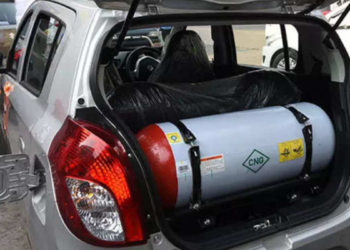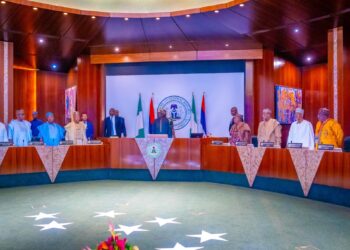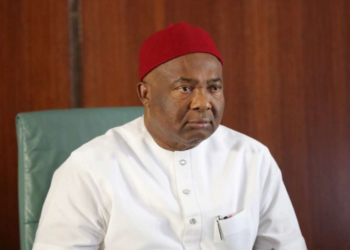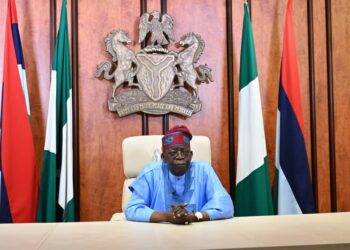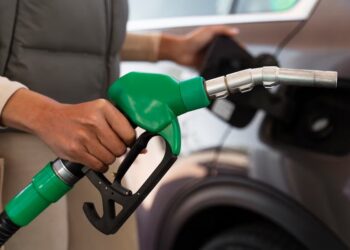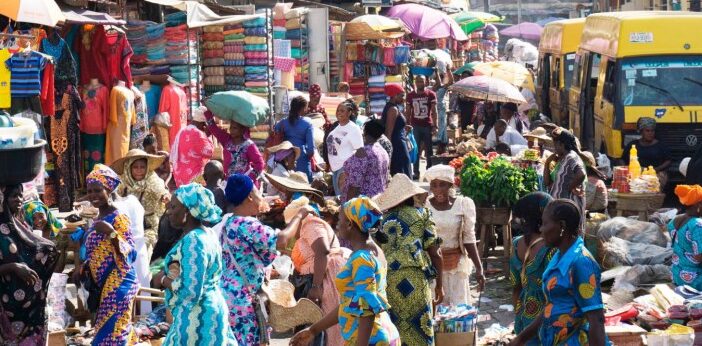A news report revealed that the Federal government had spent a whopping sum of N430.17bn in subsidizing petrol consumption for the first two months of the year. With the projection to spend N328bn in March 2022, subsidy payments will reach N758.1bn in the first quarter of the year.
The January and February statistics were obtained from the Nigerian National Petroleum Corporation (NNPC). The Q1 2022 subsidy payment equates to 19% of the proposed N4.0tn approved for subsidy payments in the year. Meanwhile, the country spent N1.57tn on subsidy payments in 2021.
Several controversies have trailed the decision to subsidize petrol costs. While we agree that the removal of subsidies is a critical free-market reform, we continue to reiterate that if done now, it will cause untold hardship for the average Nigerian.
Heightened inflationary pressures and FX depreciation have severely impacted the consumer wallet. The landing cost of a litre of petrol according to marketers was at c. N400 in March. With a fixed pump price of N165/litre, it implies the NNPC loses revenue of more than N200/litre on imported petrol, reported as under-recovery or value shortfall in its books.
Elsewhere, the World Bank recently expressed its dissatisfaction with the continuation of the current subsidy regime, as it puts the nation’s fiscal position at the edge of a cliff as debts continue to accumulate, posing a risk to debt sustainability. Just in March 2022, the Minister of Finance, Budget and National Planning, Zainab Ahmed, disclosed that proceeds from Eurobond issuance were to fund petrol subsidies. Though oil prices are up, the gains from the high oil prices are being lost to limited production and subsidy payments.
Since the bold talks around the removal of subsidies came up again last year and the finance minister announced the elimination of subsidies by July 2022, we have always argued that the removal of the subsidies is a political sensitive discourse and the present government will be reluctant to bite the bullet in a pre-election year. The subsidy on petroleum is widely seen as a form of social security in a country where health and social security provision is non-existent.
Though the removal of the subsidies will most certainly help the government already strained finances, it will put pressure on the already stretched Nigerian consumer and small businesses. However, we are eager to see to what extent the commencement of local refining at the Dangote refinery will reduce the landing cost of petrol. According to the management, operations should commence in the third quarter of the year, starting with 540,000bpd.
CSL Stockbrokers Limited, Lagos (CSLS) is a wholly owned subsidiary of FCMB Group Plc and is regulated by the Securities and Exchange Commission, Nigeria. CSLS is a member of the Nigerian Stock Exchange.








